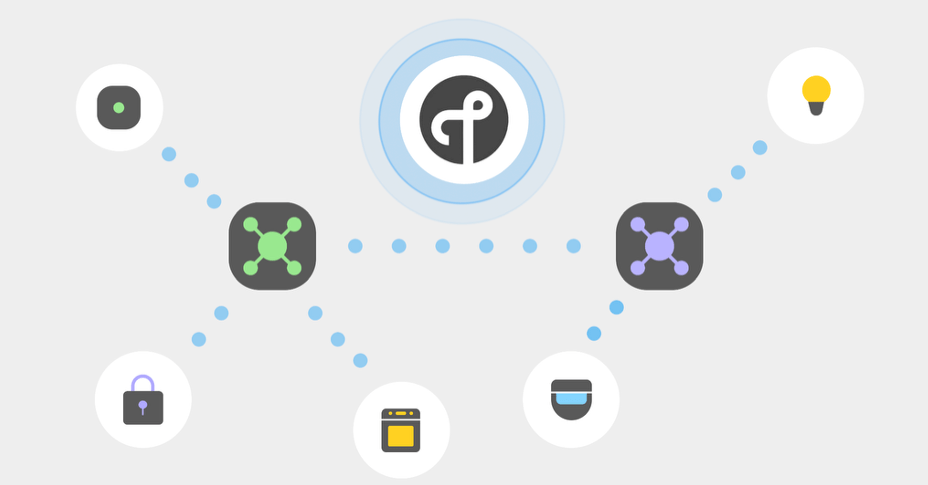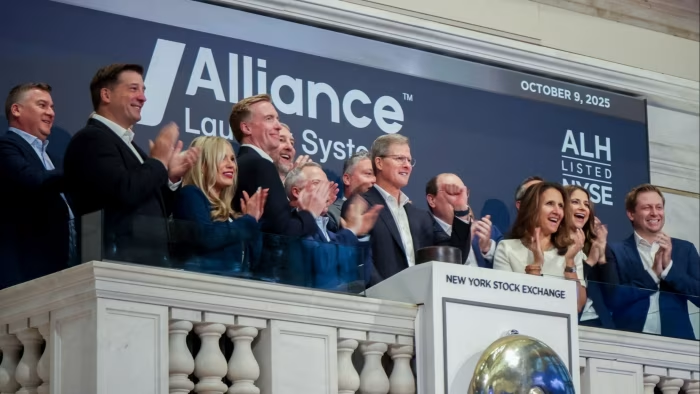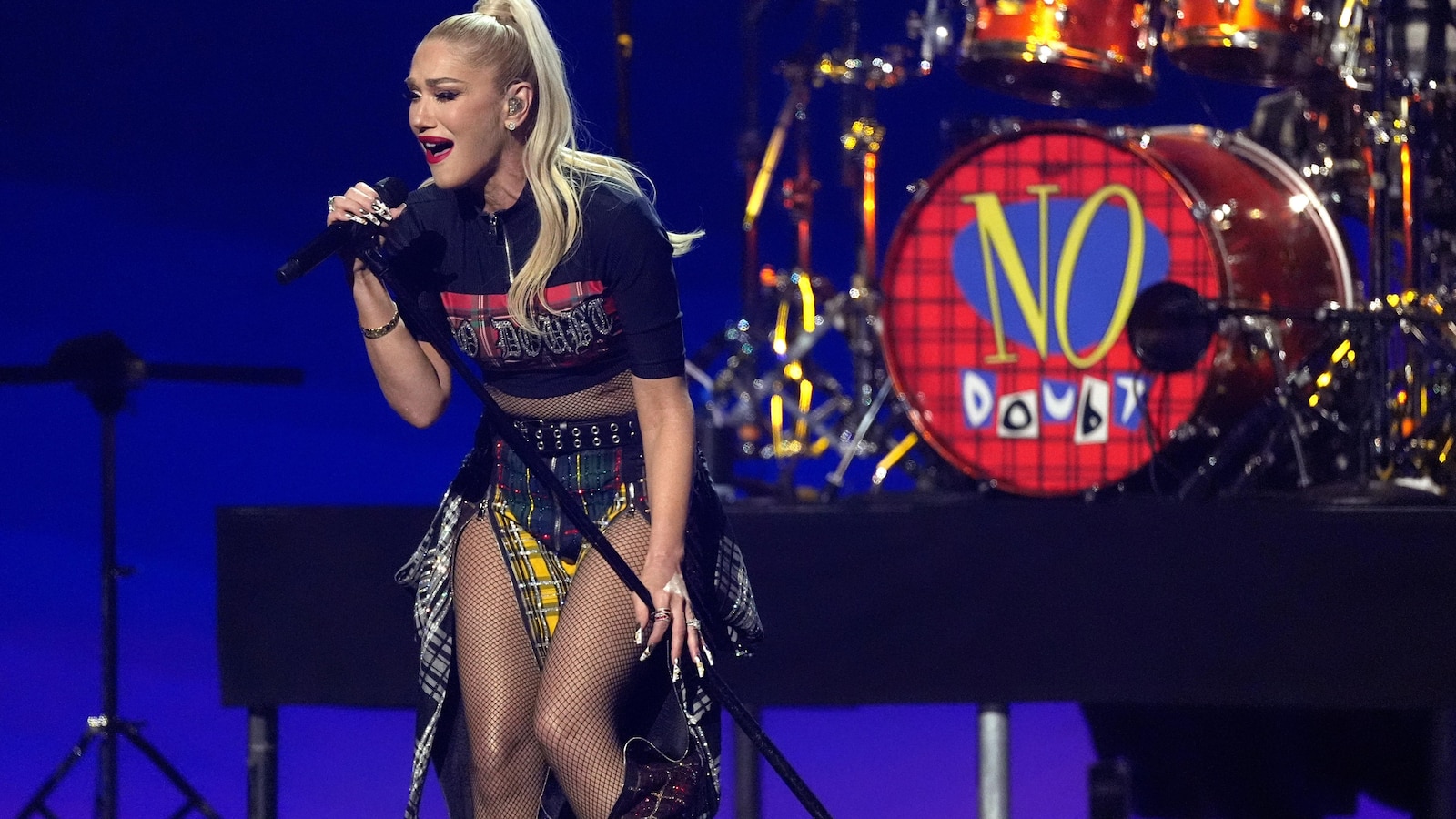The mother of a teenager who took his own life after not getting the exam grades he wanted has urged other young people to talk about their worries.
Max Turton died on 28 August last year, just a few days after picking up his GCSE results. He was…

The mother of a teenager who took his own life after not getting the exam grades he wanted has urged other young people to talk about their worries.
Max Turton died on 28 August last year, just a few days after picking up his GCSE results. He was…
This request seems a bit unusual, so we need to confirm that you’re human. Please press and hold the button until it turns completely green. Thank you for your cooperation!

PulseCheck is a special series within CardiaCast, created specifically for Cardiovascular (CV) Team members. It offers practical, team-based solutions to everyday challenges faced in the field. In this edition, the CV Team…

Developed by Apple, Amazon, Google, Samsung, and others, Matter is an open-sourced, IP-based connectivity software layer for smart home devices. It works over Wi-Fi, Ethernet, and Thread.
Thread is a low-power, wireless mesh protocol. It operates…

Stay informed with free updates
Simply sign up to the Private equity myFT Digest — delivered directly to your inbox.
It has been a tough year for private equity companies looking to sell their investments to the public markets. In the first six months of the year there were only 14 exits, worth $5.2bn, via initial public offerings, according to Preqin data. Four years ago, the total was $37bn. Can the listing of a maker of washing machines restore the spin?
One problem is that companies unloaded by private equity on to public markets have performed patchily. Consumer-data firm NIQ Global Intelligence, educational content provider McGraw Hill and childcare centre operator KinderCare Learning are all trading well below their IPO prices. Buyout firms could use some more successful issues to show that not everything they proffer has already been wrung dry.
Alliance Laundry Systems is giving it a shot. The company behind the Speed Queen brand of washers and dryers this week successfully raised $826mn. Private equity owners BDT & MSD priced its upsized offering at the top end of the marketed range, valuing the company at $4.3bn. The shares gained 13 per cent on Thursday, their first day of trading.
On paper, making commercial and industrial laundry machines is classic private equity: stable and cash-generative. Alliance has managed to muster growth too, furnishing commercial laundromats in hotels, dorms and apartment buildings. With a 40 per cent share of the commercial laundry market in North America, it has increased revenue a compound annual rate of 9.5 per cent since 2010.
The company does, however, bear another classic feature of private equity-owned companies: debt. It had more than $2bn of net borrowings at the end of June — or nearly six times the company’s 2024 ebitda — up from $1.2bn at the end of 2023. Yet BDT & MSD, its co-investors and a group of management shareholders took out a $900mn dividend payment last August. Alliance says its IPO proceeds will help pay down its debts.
There is something reassuring about Alliance’s sturdy first-day performance, especially in a market that is bloated with artificial intelligence hype. True, the company says it uses machine learning to develop features such as “predictive maintenance”, but it’s hardly the company’s main selling point. It suggests that mature industrial companies can generate enthusiasm too.
Investors, of course, will need to be wary of companies coming to market overly burdened with borrowings and whose private equity owners will retain majority voting rights, as is the case with Alliance. Nonetheless, the signs are encouraging for all those buyout firms hoping their past acquisitions will come out in the wash.
pan.yuk@ft.com
This request seems a bit unusual, so we need to confirm that you’re human. Please press and hold the button until it turns completely green. Thank you for your cooperation!

Scientists have identified an unusual type of brain cell that may play a vital role in progressive multiple sclerosis (MS), likely contributing to the persistent inflammation characteristic of the disease.
The discovery, reported…

The gold rally rippling through global markets is reverberating from trading floors down to the cramped corridors of Manhattan’s Diamond District, where shop owners hawking bangles and coins are cashing in on quick deals.
Bullion’s surge past $4,000 an ounce this week means chatter in the Midtown district — a go-to destination for traders dealing gems and precious metals for more than a century — has been as much about market charts as carats and cuts. The buying and selling has roiled jewelers as they plot strategy around their inventory and attempt to keep pace with the change in prices.

NEW YORK — NEW YORK (AP) — Don’t speak — scream, because No Doubt has announced the band’s first run of shows in 14 years.
After surprising fans with a brief reunion at the 2024 Coachella Valley Music and Arts Festival, the ska-punks have set…